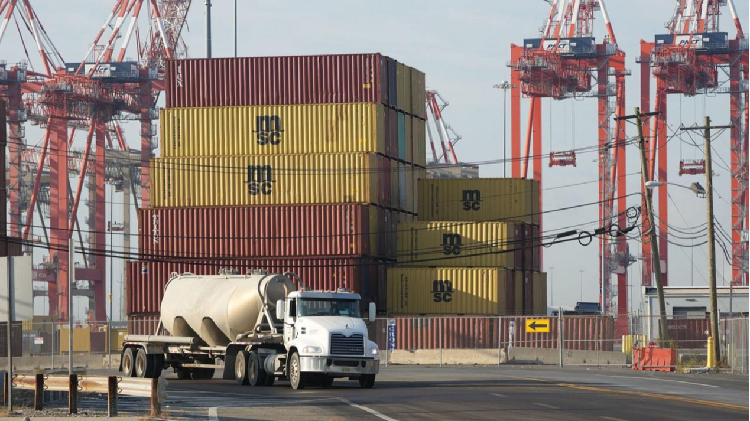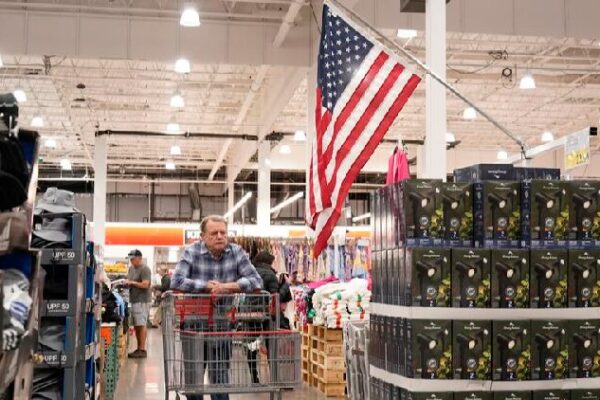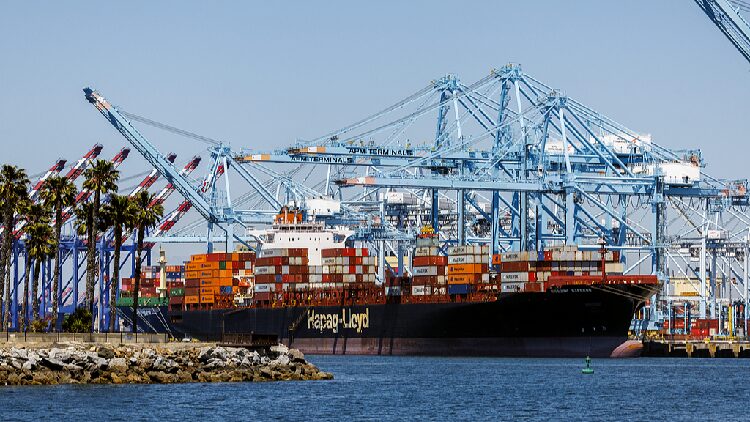When governments impose tariffs, it might seem like a smart move to protect local industries. But for everyday people and businesses, tariffs often do more harm than good.
Take Kent International, a bike company in New Jersey. They’re paying an average of 23% extra on bike parts imported from China. Arnold Kamler, the company’s chairman, believes that without these tariffs, they could expand their U.S. business five times over in just three years.
Similarly, Deena Ghazarian, CEO of Austere, a tech accessories company, had to absorb the costs of tariffs to keep her products competitively priced. “I’m the one who paid the tariffs,” she said. “China did not.”
Tariffs are essentially taxes on consumers and producers. According to Moody’s Investors Service, American consumers bore nearly 93% of the costs of tariffs on Chinese goods. This extra burden means less money for families to spend on things they need or enjoy.
In the bigger picture, tariffs can hurt the entire economy. By making imported goods more expensive, they also weaken exports and can lead to job losses. A report from the U.S.-China Business Council estimated that the trade war with China resulted in a peak loss of 245,000 U.S. jobs.
History shows us the dangers of tariffs. During the Great Depression in the 1930s, high tariffs led to a global trade slump, worsening the economic crisis. Today, there are concerns that repeating these mistakes could harm the global economy. The International Monetary Fund warns that widespread tariffs could reduce world GDP by up to 7%.
So, if tariffs cause so many problems, why are they used? Sometimes, they serve as a political tool to shift blame onto foreign countries instead of addressing domestic issues. It’s easier to point fingers than to tackle complex economic challenges.
But quick fixes like tariffs are like “drinking poisonous wine to quench thirst,” as an old Chinese saying goes. They might bring temporary relief but lead to greater harm in the long run. It’s time we listen to the voices of ordinary people who bear the real costs.
Reference(s):
cgtn.com








